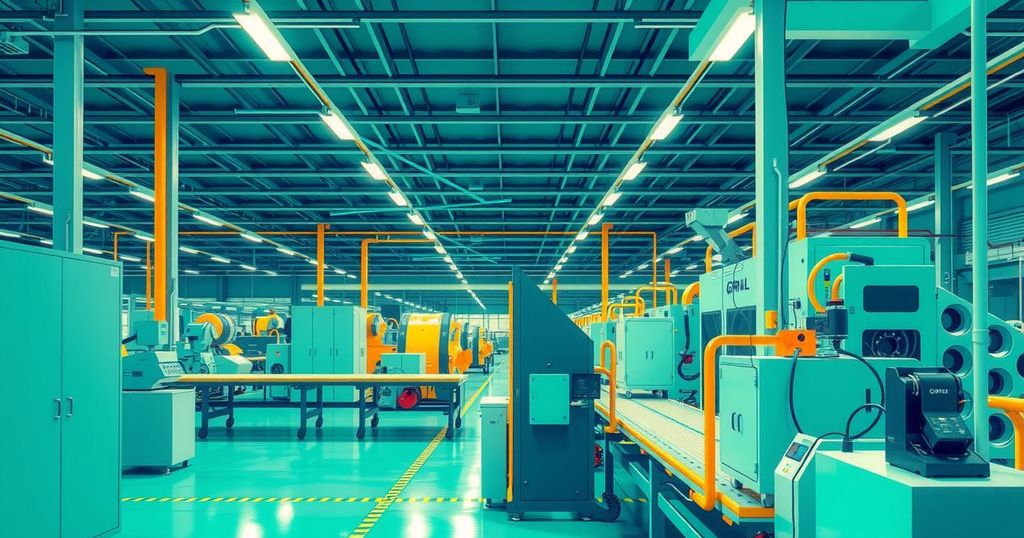The trade relationship between India and the US is significant for Trump’s economic agenda. Companies like Harley-Davidson and Tesla face import challenges and prefer sourcing from other countries. Ongoing trade discussions may lead to lowered tariffs and better market access. A comprehensive trade agreement could enhance benefits for both Indian and American exporters.
The trade relationship between India and the United States plays a crucial role in advancing President Trump’s economic agenda. Despite both countries’ efforts to enhance this relationship, certain American brands like Harley-Davidson and Tesla continue to face challenges. Currently, Harley-Davidson sources its motorcycles from Thailand rather than manufacturing them in the US, while Tesla plans to import its electric vehicles from Germany due to restrictions on Chinese imports.
The preference for manufacturing in countries like Thailand can be attributed to several factors including lower freight costs and economies of scale, making it economically favorable compared to the US market. India’s free trade agreements further incentivize companies to ship goods at zero duty. A foreign trade analyst noted that Harley only manufactures a limited model in India, which still leaves it dependent on imports from Thailand for more significant product lines like the Pan America and Street Glide.
Even with a potential reduction in import duties on American motorcycles, Harley-Davidson’s logistical strategy favors Thailand due to faster shipping and lower costs. Meanwhile, ongoing trade discussions in the US led by India’s Commerce Minister, Piyush Goyal, aim to secure trade advantages, particularly through lowering tariffs on products such as motorcycles and bourbon whiskey.
The Indian government has shown willingness to adjust tariffs possibly in response to US criticisms regarding high duties; however, the impact on US manufacturers remains limited. For instance, of the $2.6 million in bourbon imported into India, only $780,000 originated directly from the US.
A comprehensive trade agreement could pave the way for US businesses to gain significant access to the Indian market while also benefitting Indian exporters in the US. This change could lead to sustainable growth in bilateral trade, enhancing cooperation between the two nations on economic fronts.
In conclusion, the trade relationship between India and the United States is pivotal for enhancing each country’s economic landscape, though challenges persist. Both Harley-Davidson and Tesla illustrate the complexity of manufacturing and import strategies under current trade dynamics. Efforts from the Indian government to lower tariffs may facilitate better market access and strengthen bilateral ties, but tangible benefits for US exporters remain to be fully realized. A well-structured trade agreement could be instrumental in realizing mutual economic advantages for both nations.
Original Source: m.economictimes.com




